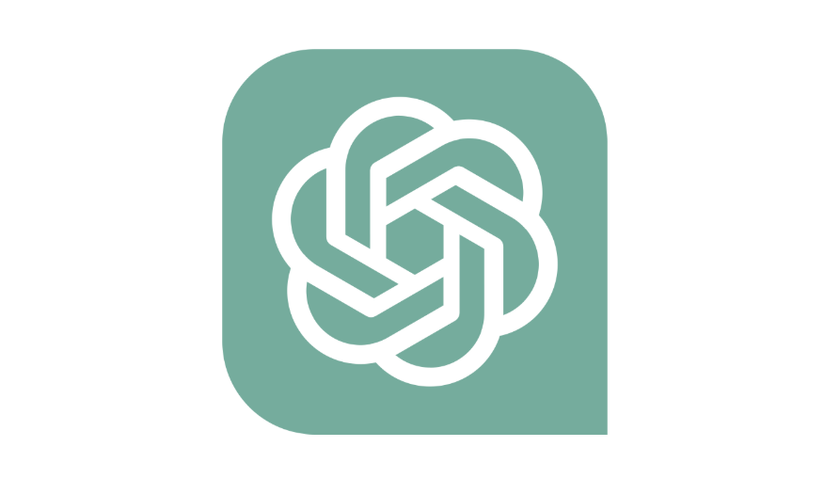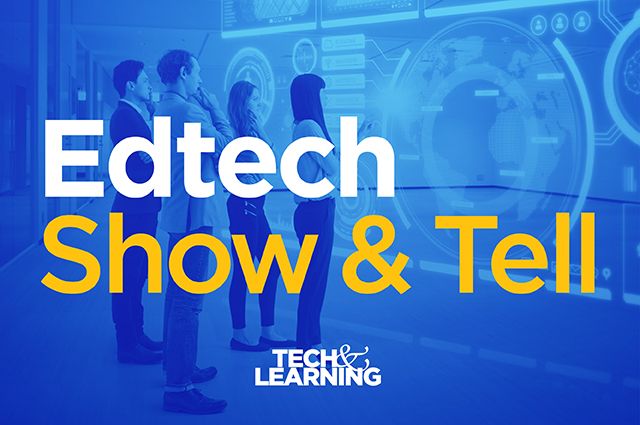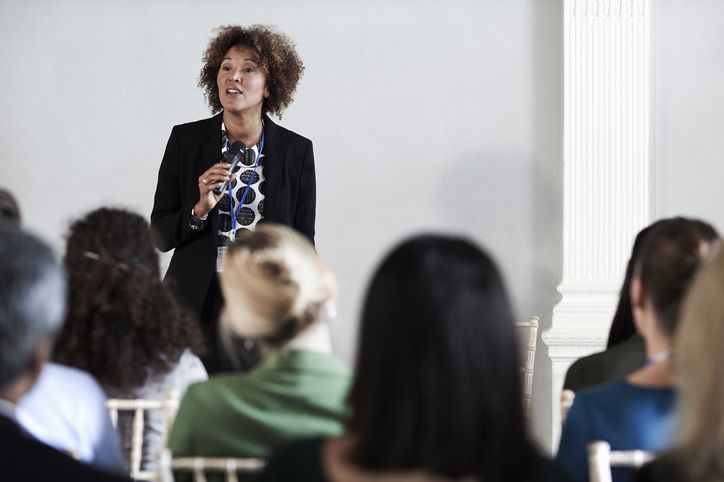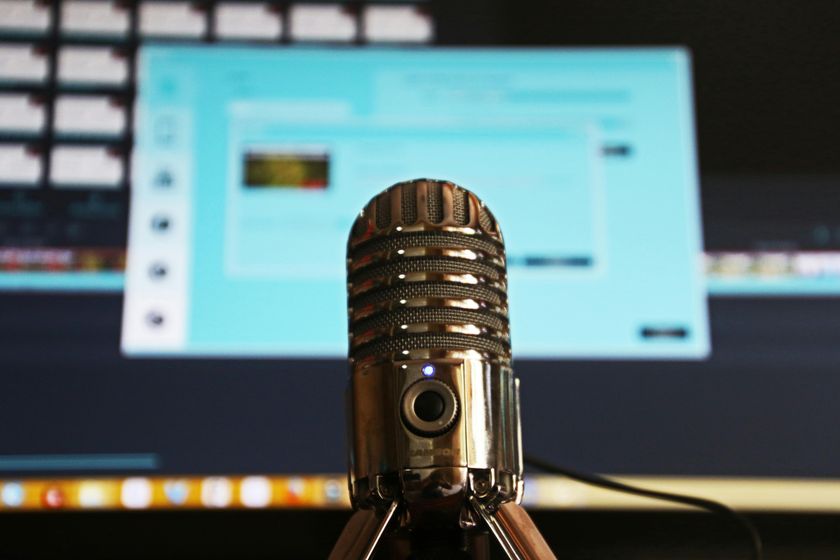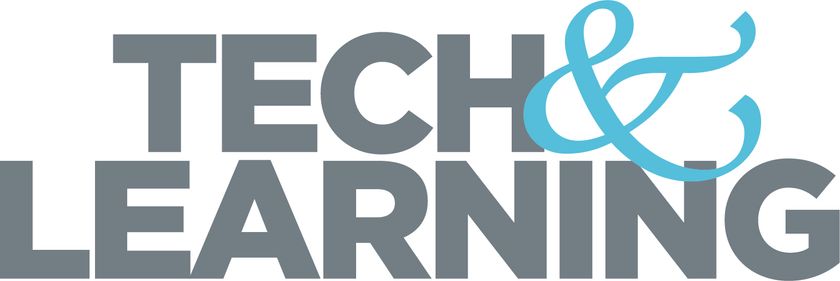Fake News: 3 Things We Can Learn From Finland (And 3 Cool Tools From Right Here In The US Of A)
In 2014 Finland began noticing intentional misinformation campaigns focused around issues like immigration, the European Union, or whether Finland should become a full member of NATO.
We all get smarter when we all get smarter.
Pretty simple concept. It’s the whole idea behind PLCs, #sschat, and, well . . . school in general. Learning together makes a lot of sense.
I recently ran across an article highlighting how the entire country of Finland is working together to combat fake news. I got smarter. And when I followed the article with a quick conversation with some SHEG folks about their Civic Online Reasoning Assessments, it was like I took a genius pill.
Way back in 2014, before we knew Russia was messing around in American elections, Finland began noticing intentional misinformation campaigns focused around issues like immigration, the European Union, or whether Finland should become a full member of NATO. These campaigns ramped up in 2015 and a year later, the Finnish government rolled out a multi-pronged, cross-sector approach designed to give its citizens the tools they needed to be effective digital info users.
As the US continues to experience intentional attempts by both international and internal groups to manipulate the digital world we live in, can Finland’s experience help us we get smarter? Yup. I think it can.
It’s a whole society thing
The Finnish government seems to be incredibly proactive around the idea that this is a direct attack on democracy. Jussi Toivanen, chief communications specialist for the prime minister’s office, explained it pretty well:
Tech & Learning Newsletter
Tools and ideas to transform education. Sign up below.
It’s not just a government problem, the whole society has been targeted. We are doing our part, but it’s everyone’s task to protect Finnish democracy.
When facts are intentionally warped and twisted, then spread because of ignorance and a lack of civic literacy, bad things are going to happen. As social studies teachers, we need to be proactive in providing our students with strong online civic reasoning skills.
It’s a K-12 thing
I know we’re all busy. And that we have a specific scope and sequence. But this is 2019. And we need to realize that this set of skills is not an elective course. It’s “everyone’s task to protect . . . democracy.”
This means it’s not just a government teacher’s job. It’s not just a middle school civic teacher’s job. It’s all of our jobs. Toivanen says that:
the first line of defense is the kindergarten teacher.
Yes! I love that. Teaching kids to ask questions and think critically can never start soon enough.
It’s a critical thinking thing
Finland’s critical thinking curriculum was revised in 2016 to prioritize the skills students need to spot the sort of disinformation that plagued recent (and will surely attack future) election campaigns in the US and across Europe. The director of Helsinki’s French-Finnish School, Kari Kivinen, sounds as if he’s preaching from Sam Wineburg’s SHEG’s Historical Thinking Chart:
What we want our students to do before they like or share in the social media is to think twice – who has written this? Where has it been published? Can I find the same information from another source?
Many state and local standards documents here in the US have been revised to do the same thing. Our Kansas state standards have focused on process and historical thinking skills since 2013. But we need to be so much more intentional about actually following these standards so that our students leave our buildings able to distinguish between accurate and factual information from stuff that’s intentionally or otherwise incorrect and manipulated.
So where can you find tools and strategies to help you do that?
I spent part of yesterday having a conversation about the super useful and incredibly easy to use and oh so free Stanford History Education Group’s Civic Online Reasoning assessments.

You probably already know about and use SHEG’s amazing history lessons and assessments. But you also need to be using their Civic Online Reasoning stuff. Posted about a year ago, these newest tools give you resources ready to use with kids.
You get 21 lessons / assessments that focus on making sense of information from a variety of digital tools. Half of the lessons download as Google Forms you can copy and use, the other half as PDFs. All of them have detailed rubrics and examples that help you and students make sense of the results. You’ll need the free account to access the lessons but totally worth it.
SHEG is the gold standard but there are other tools out there:
- Factitious. An accessible, easy-to-play game that helps kids sort fake news from real developed by the American University Game Lab/JOLT.
- Newsfeed Defenders. A challenging online game from iCivics that engages players with the standards of journalism, showing them how to spot a variety of methods behind the viral deception we all face today. Join a fictional social media site focused on news and information, and meet the challenge to level up from guest user to site admin. This can only be achieved by spotting dubious posts that try to sneak in through hidden ads, viral deception, and false reporting.
- Library of Congress Civic interactive projects intended to provide engaging and meaningful opportunities to learn civic participation using primary sources.
Thanks Finland. And SHEG, Facticious, iCivics, and the Library of Congress.
When we all get smarter, it’s always a good day.
(Have a few minutes to get even smarter? Check out this Wakelet of fake news / historical thinkings resources.)
cross posted at glennwiebe.org
Glenn Wiebe is an education and technology consultant with 15 years' experience teaching history and social studies. He is a curriculum consultant for ESSDACK, an educational service center in Hutchinson, Kansas, blogs frequently at History Tech and maintains Social Studies Central, a repository of resources targeted at K-12 educators. Visit glennwiebe.org to learn more about his speaking and presentation on education technology, innovative instruction and social studies.



